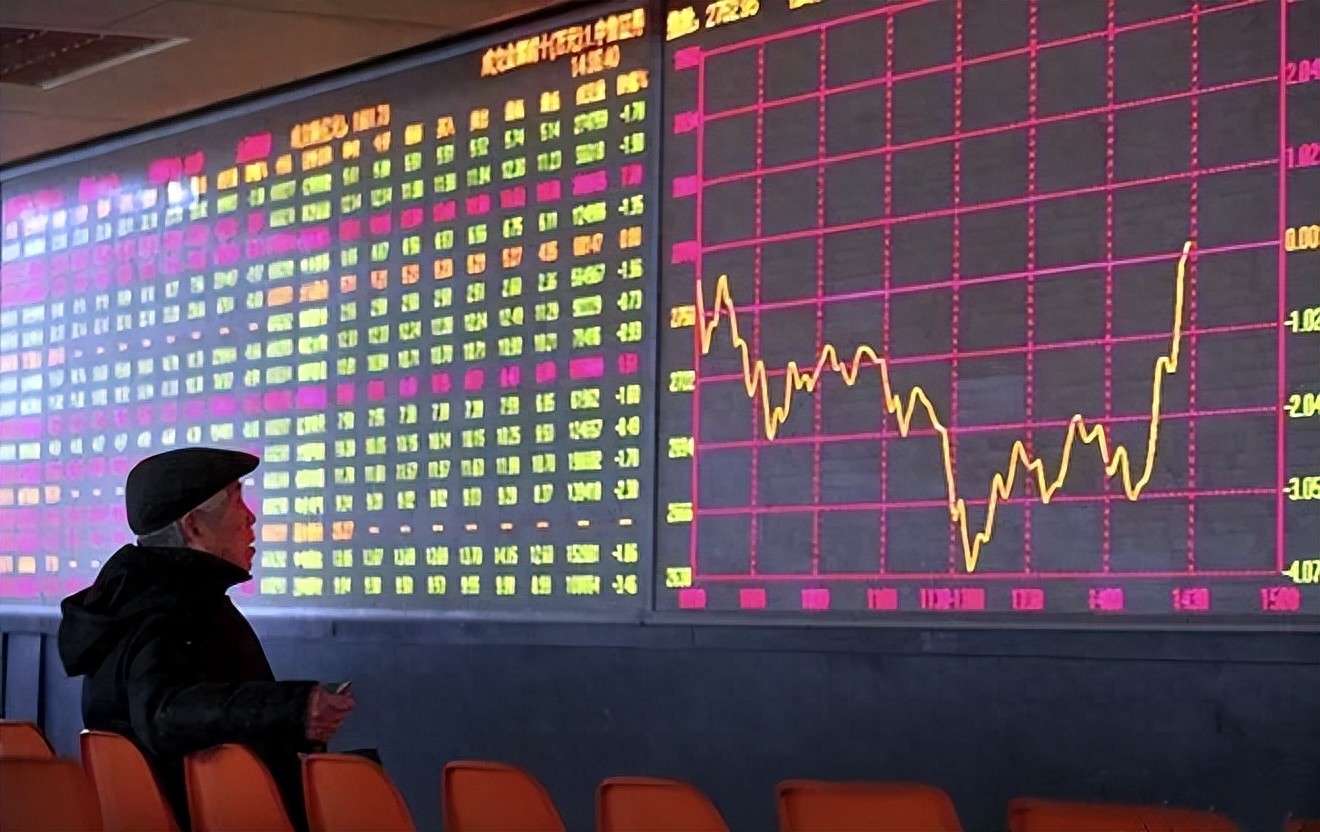In a recent journey to Shenzhen, I had the opportunity to meet several individuals involved in speculative trading. After delving into their methods and strategies, it became abundantly clear that mastering short-term trading is an arduous task for the average person. There are significant hurdles—five in total—that approximately 99.99% of traders fail to overcome. The unfortunate outcome for many? They become what traders refer to as "financial shuffle" , a term used to describe inexperienced investors who are often taken advantage of by more savvy traders.
The first barrier is diligence. Achieving mastery in short-term trading demands years of unwavering commitment. A budding trader must engage in daily market observation, regular review of their trades, and periodic assessments of broader market trends. This process involves meticulous analysis not just of stock movements, but also of sector performances and macroeconomic indicators. However, this is not simply mindless looking; it is a mental exercise that can be exhausting. Realistically, breaking into this realm requires a daily investment of more than ten hours over the span of several years—all while bracing for the inevitability of stress and the occasional hair loss. With such tenacity and discipline, you could probably ace a university entrance exam or even pass a national civil service exam without breaking a sweat.

Moving on to the second barrier: the need for rapid learning. Successful short-term trading pivots on the ability to seize fleeting market opportunities. This means not only recognizing current hot trends but also understanding their sustainability through continuous learning. Traders need to combine market analysis with technical indicators and fundamental analysis to pinpoint the best stocks or industry leaders. This multifaceted approach differentiates those who can consistently profit from those who flounder.
The third obstacle is speed. An adept short-term trader must anticipate various market scenarios before executing trades—a concept frequently summarized as "plan your trade, trade your plan." However, the unpredictability of the market necessitates an agile mindset; unforeseen events can dramatically alter market conditions at a moment's notice. Without the ability to pivot quickly, traders risk missing out on critical opportunities, and losses can be swift and substantial. Indeed, a common practice among skilled traders is to set strict stop-loss limits, often around -2%. While favorable trends may warrant the loosening of those limits, exceeding a -5% loss can become disastrous.
This emphasis on rapid response highlights why relying on tips or rumors—be they from well-known investors or institutional players—can be a perilous strategy. Market dynamics can shift in an instant; what seems like a good tip this evening might lead to catastrophic losses by the next morning if market conditions turn unexpectedly. When faced with such uncertainty, the reliance on second-hand information can often lead to ill-timed buying or selling.
The fourth barrier is a blend of awareness and introspection. Traders must possess a strong sense of self-awareness, continually evaluating their performance and learning from their experiences. Reflecting upon past trades and outcomes is essential, but in the volatile landscape of short-term trading, experiences cannot always be neatly classified. Much like interpreting the whims of fortune tellers, rigid adherence to past patterns can lead to contradictory results. This complexity introduces a personal dimension—intuitive grasp of market movements, often referred to as "stock feeling," is a skill that transcends textbook teachings.
Lastly, the fifth barrier can be encapsulated as a test of character, revealing fundamental human traits such as greed, anger, ignorance, complacency, and doubt. The fluctuations experienced in short-term trading amplify emotional responses, leading to extreme reactions—large gains can foster excessive optimism while losses can incite panic. In such a charged environment, the challenges of managing one’s psychological responses become both critical and daunting.
In summary, executing short-term trades demands a cocktail of diligence, rapid learning, agility, introspection, and emotional regulation. It is a difficult path laden with obstacles, which is why many experienced fund managers initially dabble in short-term trading before gravitating towards value investing as they age; the latter offers a reprieve from the relentless intensity of market movements, which can feel exhausting over time.
To illustrate this with a metaphor, engaging in short-term investing is akin to sprinting. Investors must remain attuned to every tiny market fluctuation, ready to spring into action at a moment's notice to capitalize on brief opportunities. This relentless pace can lead to mental and physical exhaustion, leaving little room for respite. In contrast, value investing resembles a steady jog—where investors focus on the intrinsic value of businesses and maintain a long-term view. In this relaxed scenario, they resist the daze of short-term market volatility, adapting their strategies with a composed mindset, ultimately finding the process more rewarding and sustainable.